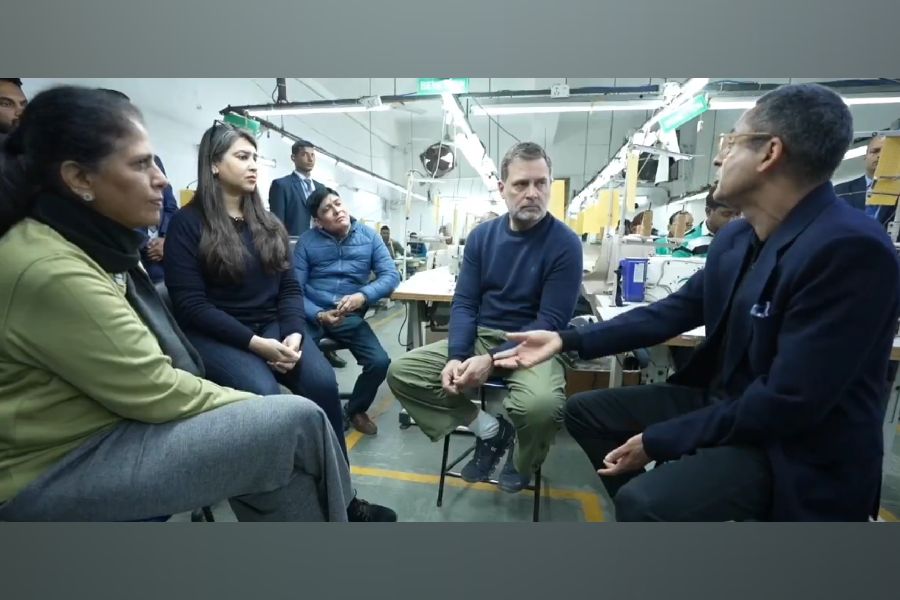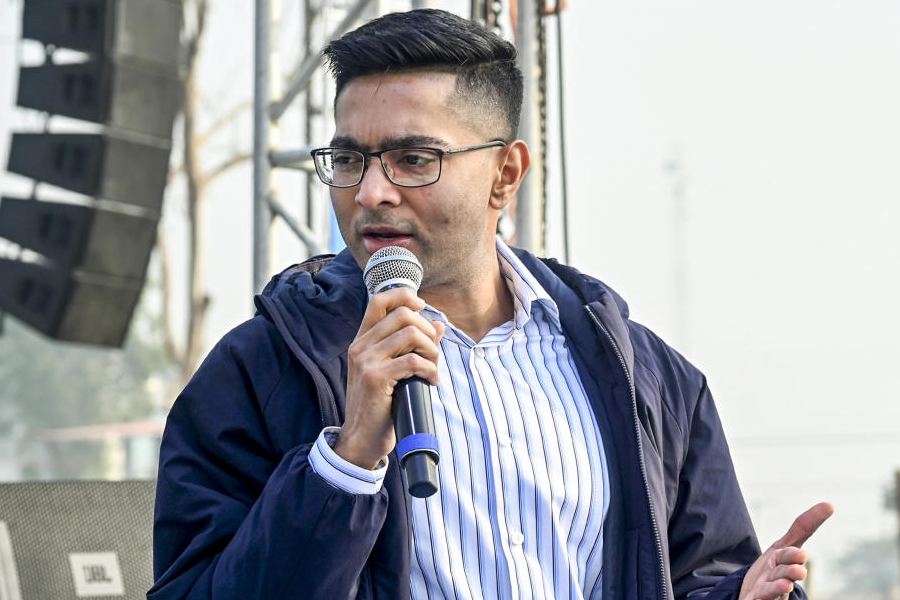
Bangalore: Academics in Kerala looking for opportunities to try out their entrepreneurial skills will now be able to take a paid break for two years from their regular work.
The Kerala StartUp Mission (KSUM) will pay a fellowship of up to Rs 50,000 a month or the last drawn salary, whichever is less.
"To begin with, we are launching a pilot project for 10 faculty members and then expand the programme," KSUM chief executive officer Saji Gopinath told The Telegraph on Saturday.
Academics elsewhere said that the Kerala project was probably the first such initiative in the country to offer a paid break for two years at a stretch.
Academic institutions in India have been allowing faculty members to launch start-ups. Institutions set their own rules.
The first such initiative about 17 years ago was at the Indian Institute of Science, Bangalore - four faculty members there were granted leave without pay for a specific period of time (two years initially) to set up their company. In the IITs, faculty members are eligible to a one-year sabbatical after every seven years of service or they can devote one day every week to the company they are starting.
Gopinath said faculty members could join the programme as a founder, co-founder or a solitary participant. "We are looking for those with prototypes of any technological solution that need to move to the commercial stage."
Kerala, which has 152 engineering colleges and is known for its vibrant start-up culture, is promoting the initiative with an eye on Bangalore in neighbouring Karntaka that boasts the country's best start-up hub.
While several colleges like the National Institute of Technology already run incubators, the faculty members cannot skip teaching to concentrate on their start-ups.
"Our idea is to free the academics from their teaching job and allow them to focus on their start-ups. That's why we are paying the fellowship," said Gopinath.
"The faculty members can negotiate the sabbatical with their respective institutions and come to us with an undertaking that they can return to their jobs after the two years," he said.
Once the sabbatical is over, the academics may seek an extension of their sabbatical or quit their job if the start-ups have gained traction. "If the venture doesn't get enough traction, they can easily get reinstated in their institutions," he said.
"A teacher can return to his institute with immense entrepreneurial knowledge that would enrich teaching and usher in a good start-up culture in the institution," Gopinath said.
Ashok Pamidi, senior director of Nasscom, lauded the move. "This will encourage the academia to be much closer to the industry in sorting out real-life problems and challenges," said Pamidi, who is based in Bangalore.
According to him, Kerala already has one of the most vibrant start-up hubs in the country. "They are already amongst the best in Internet of Things, healthcare, and robotics. This move should help them draw good faculty members into the industry," Pamidi said.











